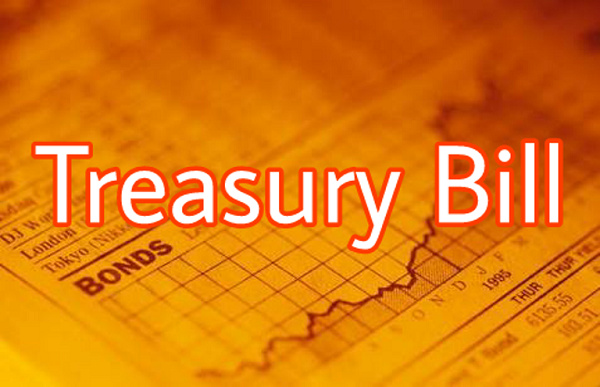Your rating is just a ‘desktop exercise’ – Government fires Moody’s lead analyst on Ghana

Finance Ministry advocates for reforms in leadership of Moody’s
Moody’s rating “negative propaganda”, John Kumah
The government of Ghana has protested against the recent credit ratings by Moody’s as one which was not properly done.
In a February 6, 2022 statement, the Finance Ministry indicated that the international rating agency did not factor in the critical data supplied by government before proceeding to downgrade the country’s credit rating.
It also raised concerns about the experience of Moody’s lead analyst on Ghana, Lucie Villa, who was only recently appointed.
According to the ministry, she “may not properly understand and evaluate Ghana’s deepening credit story” since the country first received its credit rating in 2003.
The statement said the government’s only interaction with the rating agency had been virtual which may have affected the quality of the report generated on Ghana.
To this end, the Finance Ministry described the credit rating as a “desktop exercise”.
“Prior to the announcement, between 28th January to 3rd February 2022, Moody’s virtually engaged Senior Government Officials of the Ministry of Finance and the Bank of Ghana on various issues. The Moody’s team was led by Lucie Villa (Lead Analyst on Ghana at Moody’s ) and supervised by Matt Robinson. It is worthy to note that Lucie Villa only recently (beginning of Jan 2022) took over as the primary analyst covering Ghana for Moody’s.
“We are very concerned that Ms. Villa may not properly understand and evaluate Ghana’s deepening credit story since obtaining our first credit rating back in 2003. She has also not visited the country since assuming her role as such this downgrade at this critical time was based entirely on a desktop exercise, virtual discussions and what we believe to be the omission of critical data provided,” part of the statement read.
Moody’s Investors Service (“Moody’s”) on Saturday, February 5, downgraded the Government of Ghana’s long-term issuer and senior unsecured debt ratings to Caa1 from B3 and changed the outlook to stable from negative.
The downgrade to Caa1 reflects the increasingly difficult task the government faces addressing its intertwined liquidity and debt challenges.
Weak revenue generation constrains the government’s budget flexibility and tight funding conditions on international markets have forced the government to rely on costly debt with shorter maturity.
The government through the Deputy Finance Minister has described the rating as “negative propaganda”.





